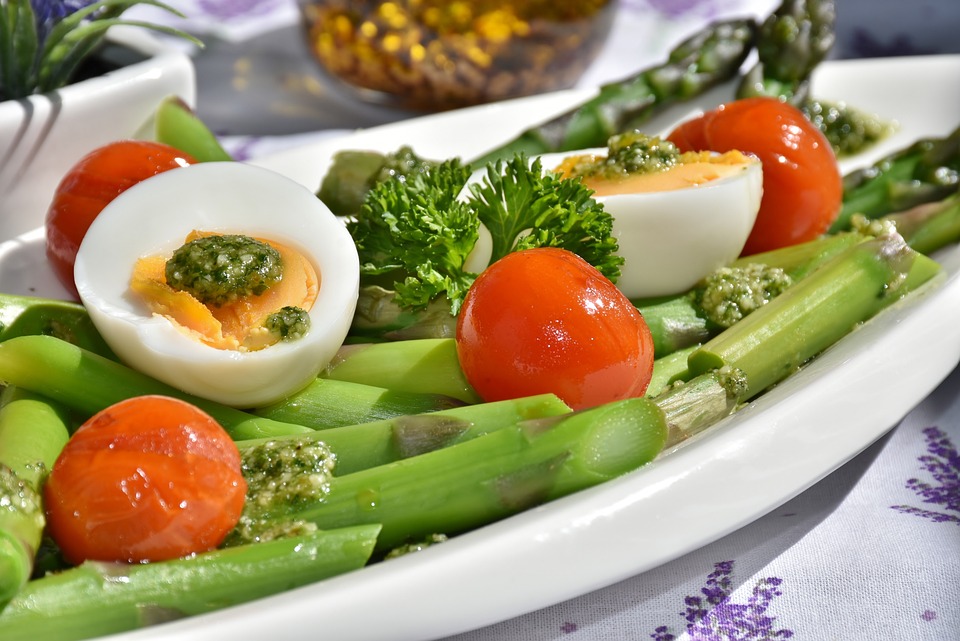Diet energy drinks have become a popular choice for those looking for a quick boost of energy without the added calories and sugar that come with traditional energy drinks. But with so many options on the market, it can be hard to know which ones are truly beneficial and which ones come with potential risks.
That’s why we’ve put together the ultimate guide to diet energy drinks – to help you make informed choices and stay energized throughout the day.
Benefits of Diet Energy Drinks
1. Increased Energy: Diet energy drinks contain caffeine and other stimulants that can help increase energy levels and mental alertness.
2. Weight Loss Support: Diet energy drinks are low in calories, making them a great alternative to sugary drinks that can contribute to weight gain.
3. Improved Athletic Performance: Many diet energy drinks contain ingredients like taurine and B vitamins that are known to improve athletic performance and reduce fatigue.
4. Convenience: Diet energy drinks are easy to grab and go, making them a convenient option for those who need an energy boost on the run.
Risks of Diet Energy Drinks
1. Caffeine Overload: Many diet energy drinks contain high levels of caffeine, which can lead to jitters, anxiety, and even heart palpitations.
2. Dehydration: Caffeine is a diuretic, which means it can cause dehydration if consumed in large amounts.
3. Adverse Health Effects: Some studies have linked frequent consumption of diet energy drinks to an increased risk of heart disease, high blood pressure, and other health problems.
4. Dependency: Regular consumption of diet energy drinks can lead to a dependency on the caffeine and other stimulants they contain, making it harder to function without them.
Tips for Choosing Diet Energy Drinks
1. Look for drinks with lower caffeine content, ideally around 100mg per serving.
2. Check the label for added sugars and artificial sweeteners. Look for drinks with natural sweeteners like stevia or monk fruit.
3. Choose brands that are transparent about their ingredients and manufacturing practices.
4. Consider alternatives like black coffee, green tea, or natural energy supplements like B12 or ginseng.
In conclusion, diet energy drinks can be a helpful tool in boosting energy levels and supporting athletic performance, but they come with potential risks. By understanding the benefits and risks of these drinks and making informed choices, you can stay energized and healthy throughout the day.




